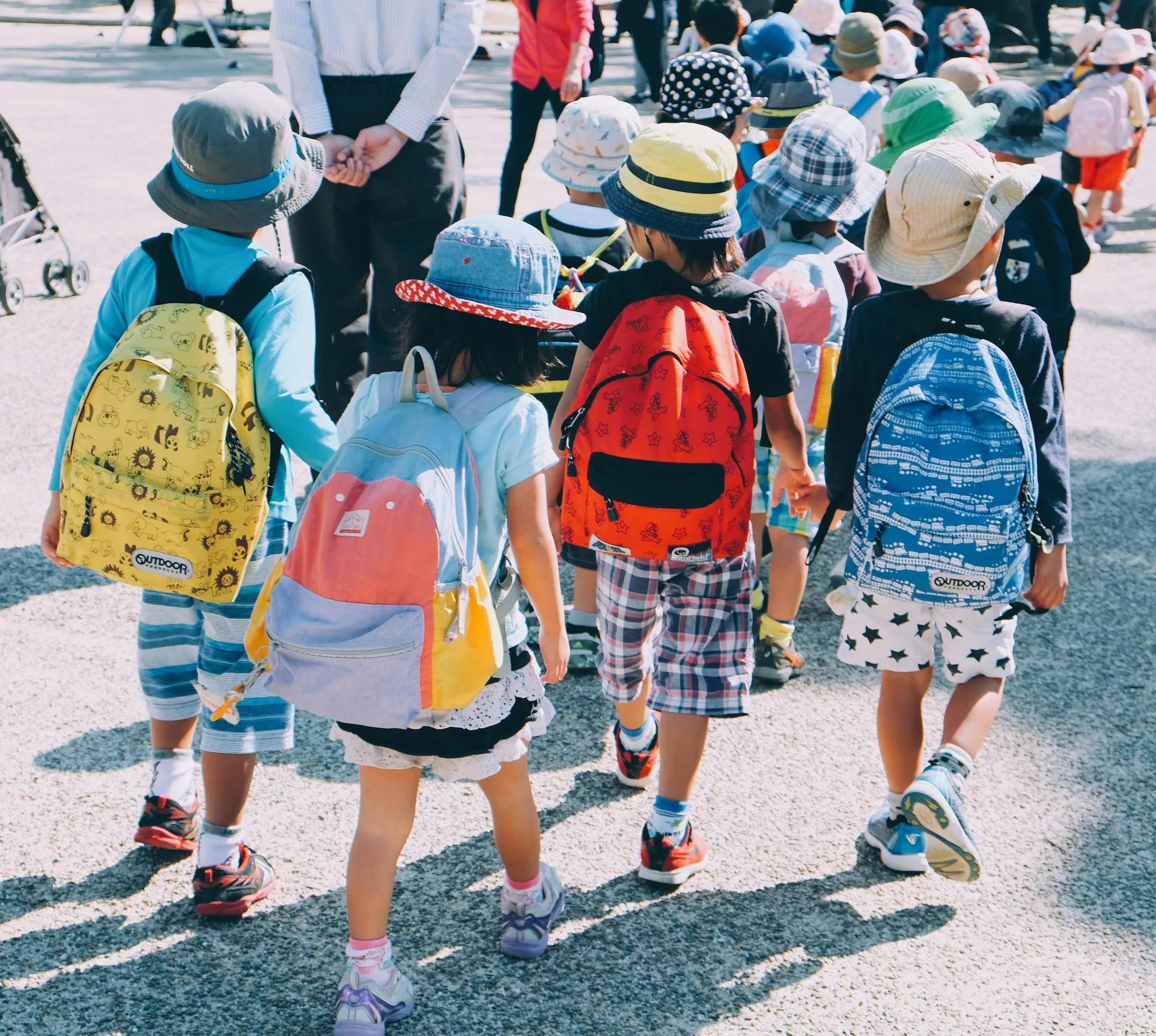Ending Systemic Harm by the Child Welfare System Requires a Different Investment in Children and Families
By Kristen Weber, Senior Director of Child Welfare, National Center for Youth Law
Ask children and youth what they want in their days and lives and their answers are usually simple: food in the fridge, friends at school, safe spaces to play after school and on the weekends, and dreams of what they’ll be when they grow up. In short, what we all want for children and youth: to be safe, healthy, and thriving.
Yet too often those basic needs are not being met due to systemic issues in the United States around poverty, racism, and sexism, among other things. And one public system designed to intervene when children and families are in crisis – the child welfare system -- is often causing more harm than help.
The field of child welfare is at an inflection point. There is widespread agreement that deep, significant change is needed across state and local child welfare systems to better support children and families, to prevent harm to children, and to promote healing when harm has occurred. Advocacy and legal organizations have worked for decades to hold child welfare agencies accountable for ensuring youth are safe, living safely with their own or other permanent families and their well-being and development is supported. But fundamentally, these public child welfare systems may benefit from massive overhaul.
In 2020, nearly four million children were reported to child welfare systems and about 54% of those children were subjected to an investigation. Of these investigations, more than 80% were closed with no action against the families involved, but the harm was already done: eroding trust within families and undermining the vitality of communities. These types of unfounded, state-funded investigations do not protect children.
Furthermore, by reporting so many families indiscriminately to child welfare agencies, children and families that need more intensive support aren’t getting it. Most children who do become involved with the family policing system are grappling with the stressors of poverty; lack of meaningful, accessible, and helpful community-based services; and funding schemes that push children into the system for services. There is a geography discrimination to child welfare interventions too—that is, the state disproportionately surveils specific neighborhoods, zip codes, and blocks—disproportionately where Black and Indigenous children live. Families experience immense environmental and economic stressors that persist because of how structural racism shapes historical and current policy and funding choices.
Unfortunately, the child welfare system is a reactive system, subject to political whims. Politicians and conservative advocates actively use the child welfare system as a testing ground for policies that seek to end tribal sovereignty, attack the bodily autonomy of youth, discriminate against LGBTQ+ youth, and erode the privacy of youth and their families seeking gender affirming health and mental health care.
More specifically, LGBTQ+ youth and youth of color are disproportionately placed in foster care and in institutionalized (congregate care) settings. For these youth, the reliance on psychotropic medication to control their behavior is rampant and largely unregulated. Further, in congregate care settings, bodily autonomy is compromised and youth experience restraints, isolation, and even violence by staff members. Children and youth are kept in these restrictive settings long after treatment is no longer required because there are no other places for them to go. Further, increasingly, youth in foster care no longer have a right to bodily autonomy in terms of deciding whether to continue a pregnancy or have an abortion.
But there is growing understanding public systems don’t have to be punitive to help children and their families – and policymakers and public system leaders can make decisions to refocus time, resources, and money on truly supporting children and families. Litigation has been a crucial strategy to not only prevent and minimize harm by these public child welfare systems but also help children and youth receive helpful interventions, like mental and behavioral health services, in their homes or communities.
While litigation will remain an important strategy, what is also needed are comprehensive efforts that center on helping children and families before they are in crisis. Anti-racist and anti-carceral responses to ensuring children are safe and thriving will require both: 1) financial assistance, housing, food and other concrete supports for youth and families; and 2) the creation of new practices and social relationships to ensure youth can get effective help and support when needed. Moreover, it will require seeking redress from systems for the harms inflicted on youth and their families.
Ultimately, ensuring children and youth are safe requires a sea change –moving away from deep investments in the child welfare system to deep investments in anti-poverty supports and true alternatives to the child welfare system.
The National Center for Youth Law collaborates with our many partners to advance the changes needed to ensure every child, youth, and their family can be safe, healthy, and thrive.
About National Center for Youth Law
The National Center for Youth Law (NCYL) is a 2021, 2022, and 2023 grantee of the Barbara McDowell Foundation. The three grant-funded cases address a myriad of issues significant to Children’s Rights. Currently, NCYL is seeking to stop the School District of Palm Beach County (SDPBC) from illegally using police force to subject students, especially students with disabilities, to involuntary psychiatric examinations. The case holds significant implications for other jurisdictions where law enforcement is being inappropriately and illegally used when students experience mental health crises. NCYL is preparing to submit a motion for summary judgment and preparing for trial that is currently slated for May.



